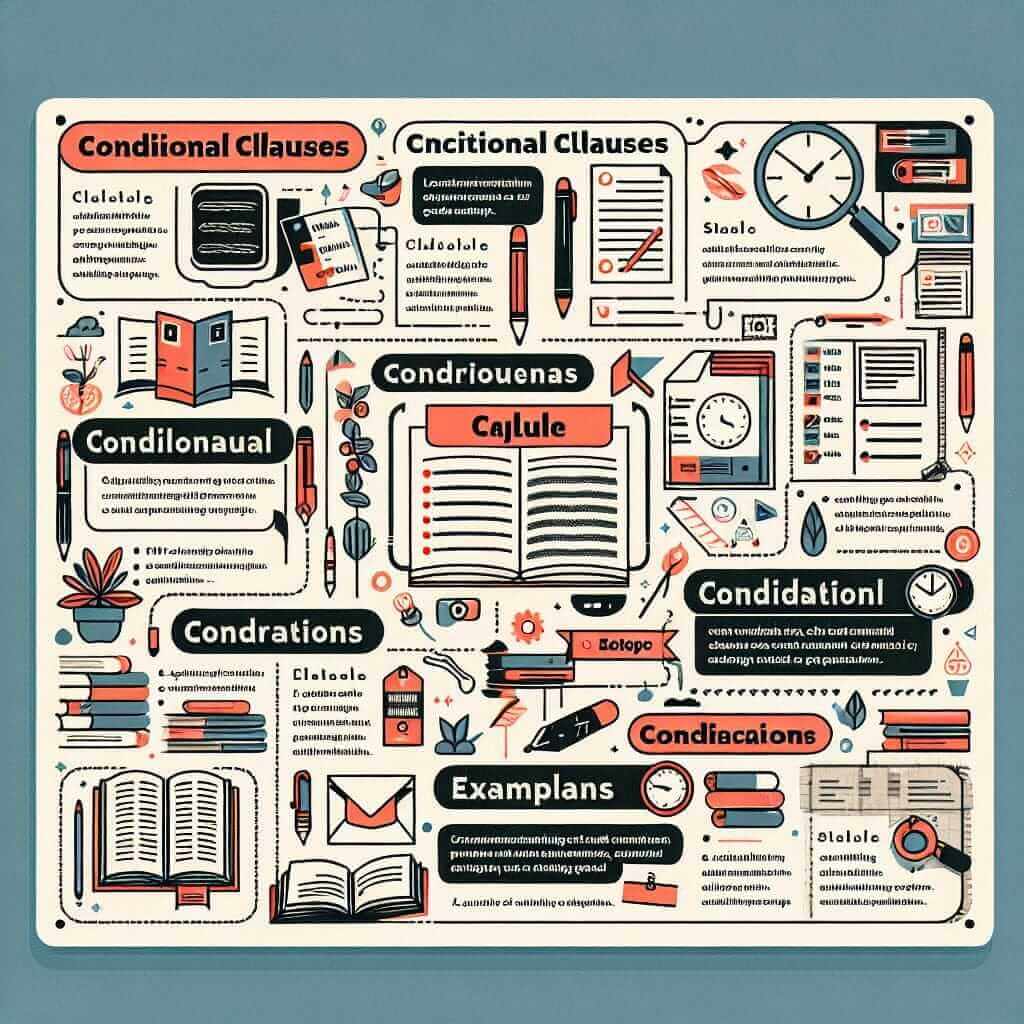“Should the project succeed, we will celebrate!” This statement, while seemingly simple, uses a grammatical structure that often trips up IELTS candidates: the conditional clause. Understanding how to use these clauses correctly can significantly enhance your writing and speaking scores, demonstrating a firm grasp of complex grammar.
Here are a few examples of how conditional clauses might appear in different sections of the IELTS exam:
Speaking Part 2: Describe a time you achieved a personal goal. “If I had more time, I would have liked to learn…”
Writing Task 1: “Should the trend continue, the number of tourists will likely double by 2030.”
Writing Task 2: “Some people believe that children would be happier if they were educated at home.”
Let’s break down the mechanics of this structure and see how you can wield its power to achieve a band 7+ score.
Understanding Conditional Clauses
Conditional clauses, also known as “if clauses,” express a condition and its potential consequence. They show that one action or situation depends on another. The sentence “Should the project succeed, we will celebrate,” tells us that our celebration hinges on the project’s success.
Frequency in IELTS
Conditional clauses are extremely common in IELTS, appearing in all sections of the exam. They are essential for expressing possibilities, hypothetical situations, regrets, and future plans, all of which are frequently tested concepts.
Structure and Usage
The basic structure of a conditional clause involves two parts:
1. The ‘If’ Clause (or equivalent): This clause states the condition.
2. The Main Clause: This clause states the consequence or result.
Type 1: Real Conditionals (Present/Future)
Formula: If/When/Should + Present Simple, will/can/may + base verb
Example:
- If the weather is nice tomorrow, we will go to the beach.
Analysis:
- This structure is used for real and possible situations in the present or future.
- The ‘if’ clause uses the present simple tense, while the main clause uses the future simple tense (will + base verb).
- IELTS Application: Useful for discussing future plans, predictions, and giving advice.
Type 2: Unreal Conditionals (Present/Future)
Formula: If + Past Simple, would/could/might + base verb
Example:
- If I had more free time, I would travel the world.
Analysis:
- This structure is used for unreal or unlikely situations in the present or future.
- The ‘if’ clause uses the past simple tense, even though it refers to the present or future. The main clause uses ‘would’, ‘could’, or ‘might’ followed by the base form of the verb.
- IELTS Application: Useful for expressing hypothetical situations, wishes, and giving advice in unlikely scenarios.
Type 3: Unreal Conditionals (Past)
Formula: If + Past Perfect, would/could/might + have + past participle
Example:
- If I had studied harder, I would have passed the exam.
Analysis:
- This structure is used for unreal or impossible situations in the past. It often expresses regret or missed opportunities.
- The ‘if’ clause uses the past perfect tense, while the main clause uses ‘would’, ‘could’, or ‘might’ followed by ‘have’ and the past participle of the main verb.
- IELTS Application: Useful for discussing past regrets, missed opportunities, and hypothetical outcomes.

Writing Sample:
Task 2: Some people believe that technology has made our lives easier. Others disagree and think it has made life more complicated. Discuss both views and give your own opinion.
Body Paragraph:
“On the one hand, technology has undeniably simplified many aspects of modern life. If we consider communication, for instance, the internet and smartphones have made it incredibly easy to stay connected with anyone, anywhere in the world. Without these advancements, maintaining long-distance relationships would be significantly more challenging and costly.”
Analysis: This paragraph effectively uses both a Type 1 conditional (present/future real) and a Type 2 conditional (present/future unreal) to illustrate the impact of technology.
Achieving a Higher Score: Advanced Usage
- Inversion: To demonstrate a higher level of grammatical range, try using inversion in your conditional clauses. For example, instead of “If I were you…”, you could write “Were I you…”
- Mixed Conditionals: These combine different conditional structures to express complex relationships between time periods. For example, “If I hadn’t missed my flight, I would be lying on a beach right now.”
Common Errors to Avoid
- Incorrect tense usage: Make sure you are using the correct tenses in both the ‘if’ clause and the main clause.
- Double negatives: Avoid using double negatives like “If I wouldn’t have gone…”
- Comma usage: Use a comma after the ‘if’ clause when it comes before the main clause.
Conclusion
Mastering conditional clauses is a vital step towards achieving your desired IELTS score. By understanding the different types, practicing their usage, and learning to avoid common errors, you can significantly enhance your grammatical range and accuracy. Remember to review the various conditional structures and practice incorporating them into your writing and speaking practice to boost your confidence. Good luck!